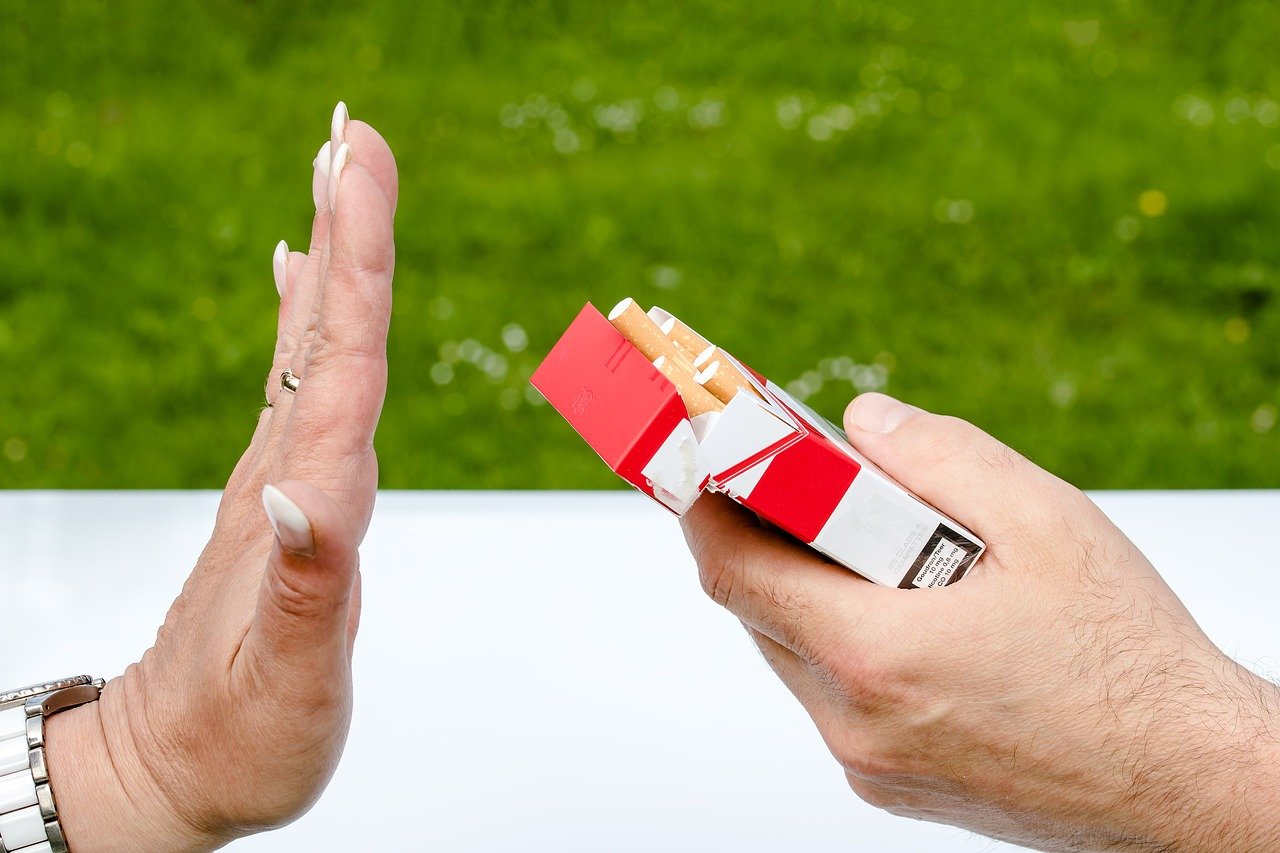Stressful situations—like public speaking, a job interview, or a first date—can make almost anyone’s mouth go dry. But for some it’s more than just an occasional nuisance. Dry mouth, also called xerostomia, is a condition that can have complications for both oral and overall health.
There are solutions for dry mouth. Relief can come in the form prescription medications, over-the-counter products, or even lifestyle changes. Deciding which route to take to fix it can be made easier by understanding its causes and consequences. Consulting with a doctor or dentist is also helpful in finding a product that best fits the problem.
Is Dry Mouth Really a Problem?
When the salivary glands fail to produce enough saliva, the result is dry mouth. This is a problem because saliva plays an important role for the mouth and body. It aids in tasting, chewing, swallowing, and digesting food. It also helps to rinse off harmful bacteria left behind on teeth by food and drinks. Of course, saliva can’t do all the work on its own. Brushing and flossing are necessary too. But a lack of saliva that leads to dry mouth can contribute to tooth decay and gum disease even for people with good oral hygiene.
Dry mouth isn’t a serious medical condition by itself, but excess bacteria in the mouth can lead to cavities and gingivitis. It can also promote other complications caused by poor dental health. Dry mouth sufferers may have split and cracked lips, mouth sores, or even a yeast infection in the mouth called thrush.
A number of serious issues have a connection to untreated tooth decay and gum disease. A cavity may need a root canal procedure instead of a simple filling. Worse, if allowed to go too far, bad oral health can result in problems such as cardiovascular disease, respiratory infections, or diabetes.
Symptoms of Dry Mouth

Along with the obvious sign of dry mouth—a lack of saliva—sufferers often describe the saliva they do have is thick or sticky. Bad breath is common, because there isn’t enough moisture to wash away food particles and bacteria.
People with dry mouths are often thirsty and some complain of a sore throat and hoarseness. It can make dentures uncomfortable and in severe cases make it hard to chew and swallow.
What Causes Dry Mouth?
Damage to the salivary glands themselves is an obvious cause of dry mouth, but there are other things that affect saliva production indirectly. Here are some factors that can dry out a person’s mouth:
- Certain medications, especially antihistamines, decongestants, antidepressants, and anti-seizure drugs
- Chemotherapy, radiation, and other cancer therapies
- Dehydration
- Aging
- Tobacco, alcohol, and recreational drug use
- Nighttime mouth breathing due to snoring, sleep apnea, or dental devices
What Products Help With Dry Mouth?

A doctor or dentist can give patients advice on what to do about their dry mouth. There are solutions available both by prescription and over-the-counter. These products work by either producing saliva, or by coating and moistening the oral tissue inside the mouth. Sometimes they are called “saliva substitutes.”
Dry mouth products work with the help of one of three ingredients: xylitol, carboxymethylcellulose or hydroxyethylcellulose. They come in a variety of forms such as chewing gum, sprays, lozenges, mouth washes, and rinses. How well they work is largely a matter of personal preference. Dentists do suggest that choosing one that also contains fluoride offers added cavity protection along with solving the issue of dry mouth.
The following are some common brand name products that are on the market. Some are available by prescription only and others can be purchased online or at a drugstore. This is not a complete list and it is not the intention of the Dental Health Society to endorse any particular products. A dentist can make a recommendation based on a patient’s individual needs.
Prescription Drugs: Salgen, Evoxac
Mouthwashes/Rinses: Biotine Oral Rinse, ACT Total Care Dry Mouth Mouthwash, TheraBreath Oral Rinse
Mouth Sprays: Allday Dry Mouth Spray, Biotene Moisturizing Spray, Oasis Moisturizing Mouth Spray, Mouth Kote Dry Mouth Spray
Lozenges/Mints: XyliMelts, BasicBites, TheraMints, SalivaMAX, ACT Dry Mouth Lozenges
What Else Can You Do For Dry Mouth?

There are other changes patients can make to their daily routine that can help with dry mouth. Depending on the person and the source of their dry mouth, these can work on their own or together with one of the store bought products. Finding the best solution for dry mouth may take some trial and error.
- Drink plenty of water. Overall hydration may reduce dry mouth.
- Chew sugar-free gum. The xylitol used in sugar-free gum and candy, as well as the action of chewing can increase saliva production.
- Cut back on spicy and salty foods. They dry out the mouth and make you thirsty.
- Limit caffeine and alcohol. Both have a drying effect on the mouth.
- Quit smoking. It dries out the mouth in addition to being an unhealthy habit.
- Switch to alcohol-free mouthwash.
- Use a humidifier to keep moisture in the air, especially at night.
- Try using a nasal strip to open the nasal passages overnight. This can reduce mouth breathing.
See Your Dentist For Help With Dry Mouth
Because of the impact that dry mouth can have on teeth, gums, and overall health, it’s something that shouldn’t be ignored. Discuss your concerns with your dentist at your next dental checkup. Whether it is a mere inconvenience or something that has become constant and worrisome, a dentist can help find a solution. If you don’t have a dentist, click on our “Make an Appointment” link and we’ll match you up with one in your area for an appointment.


